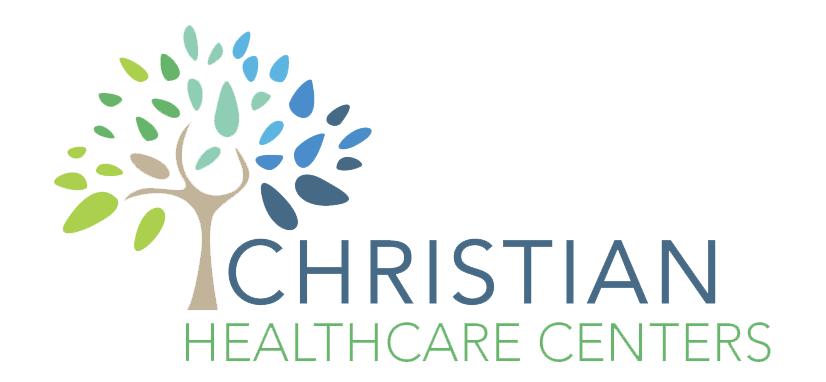Welcome to National Heart Month!
February marks the time of year when the medical community promotes heart health awareness; CHC supports this initiative to improve cardiovascular health. Stewardship is a major priority for me (Dr. Jeffery Woo) as many of you have learned from our shared experience together at CHC. God has gifted us with our remarkable bodies. He has commissioned us to care for ourselves, others, and His creation. But, the leading causes of death in the United States—heart disease, cancer, accidents, chronic lung disease, and stroke—all result in large part from poor self-stewardship. The team at CHC encourages you to intentionally adopt a proactive role in caring for your heart and overall health.
Modern medicine has developed myriad pharmacotherapeutic, interventional, and surgical modalities to address cardiovascular risk and heart disease in the United States. However, there are risks that medical technology cannot alter: specifically, poor lifestyle choices. We can review the obviously deleterious behaviors that increase heart disease risk like smoking, excessive alcohol, obesity, and inactivity; but, there are other aspects of our daily lives that we frequently neglect that have significant impact on our hearts like stress management, sleep, and even healthy relationships. Good stewardship should prompt us to eliminate negative influencers like tobacco products, excessive alcohol, and low-quality foods as well as incorporate positive influencers like exercise and prayer. Let us briefly review how we can take positive steps in the other areas mentioned above.
Stress is normal. But, stress is a major risk factor for heart disease. Stress increases inflammation in our blood vessels, elevates blood pressure, and worsens our cholesterol! While we can’t eliminate all stress from our lives, we can mitigate its effects on the body. Unfortunately, we often make bad choices during times of stress: replacing good food with fast food, exercise with inactivity, and fellowship with additional time at work.
Exercise, healthy eating, and fellowship are ideal mechanisms to deescalate stress. Ironically, we often use technology to help us unwind from stress. Smartphones, tablets, and television accompany us to our beds at night. The light from these devices interfere with sleep. Along with other elements of poor “sleep hygiene,” the average American is getting far less sleep than we need which increases our mortality rate. Your target should be 7-9 hours every night. Review your sleep hygiene and look for areas you can improve. Positive relationships help us to reduce stress, reflect upon purpose and values, and maintain a positive perspective. These qualities help us to combat mood disorders like depression and anxiety (which are heart disease risk factors) and promote healthier lifestyle decisions.
Of course, the most important relationship you can preserve is the one with Jesus Christ. He is the one who commissioned us to a life of discipleship. Discipleship requires discipline. Discipline is what we all need to put into effect the lifestyle changes previously listed. The healthier we are, the greater our capacity for positive influence on our communities. CHC desperately wants all of you to fulfill God’s purpose admirably and well. So, take advantage of today’s opportunities and implement beneficial lifestyle changes that will bless your bodies.


